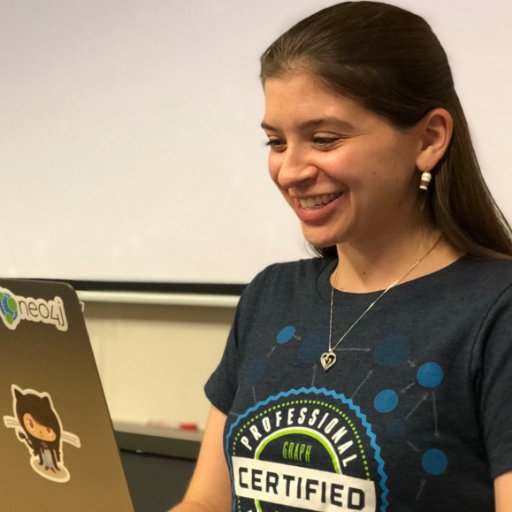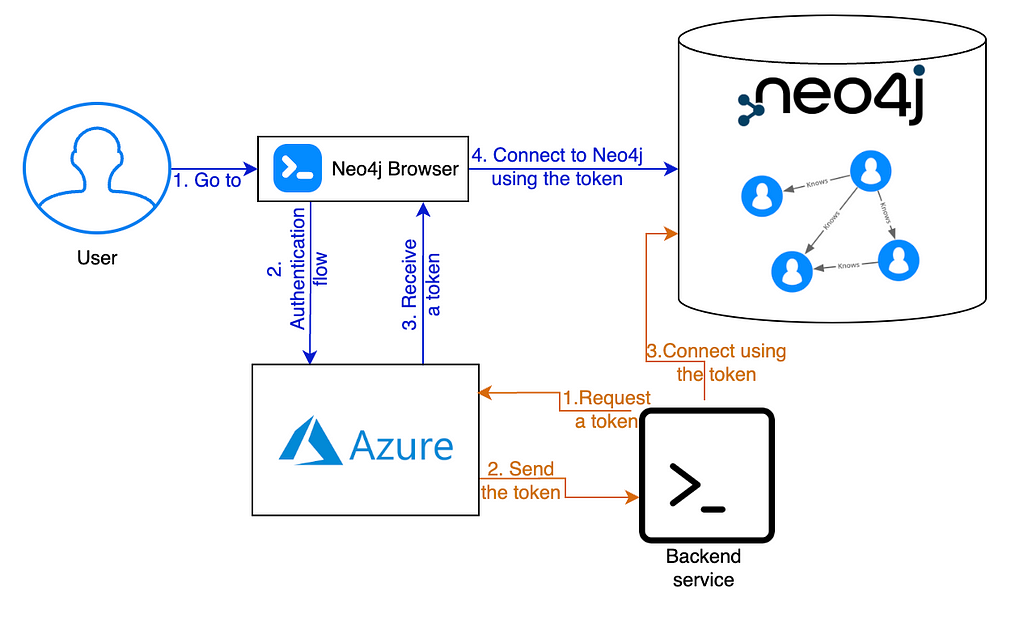
Mark Heckler is Principal Cloud Developer Advocate for Java/JVM Languages at Microsoft. He is a conference speaker, Java Champion, and Kotlin Developer Expert focused on developing innovative production-ready software at velocity for cloud and edge computing platforms.
Mark has worked with key players across industries and public sector organizations to develop and deliver critical capabilities on time and on budget. He is an open-source contributor, and author of Spring Boot: Up and Running. You can find him on Twitter at @mkheck. In this interview, Mark shares his passion for open source technologies, and gives us a sneak peek into his upcoming NODES 2022 session.

Mark Heckler: I’ve developed in Java since its early days, and I’ve been a developer advocate for the past several years. Advocacy lets me combine two things I absolutely love to do: talk and code! Plus, it enables me to engage more closely with all parts of the developer community. Not only can I directly contribute code to various projects, but I am also able to spend a healthy portion of my time with other devs working to provide value to their communities and customers. The network effect is real, and it feels really great to help others.
The Open Source Challenge Today
Jennifer Reif: As a developer with a special focus on open source and cloud technologies, what do you find most interesting or challenging about those areas?
Mark Heckler: I’m not sure those areas offer more challenges than others, only potentially different ones. But regarding interest? That’s something to which I can speak.
The power of open source is no longer in question, and there are several great examples of why. But Linux may be the most obvious one. More software runs on Linux than on any other single platform. That’s part of what makes open source so interesting: many people and organizations contribute for many different reasons, but the end result is something that is potentially useful to vast numbers of others, even if they never contribute or even have the means to contribute. It’s an exceedingly rare person who doesn’t use any app or website, and who doesn’t interact with others who do. And while there are numerous examples of closed source software that are widely used and well regarded, the potential reach for open source is generally much greater.
Cloud technologies involve open source and closed source, but the cloud brings benefits to developers centered on ubiquity and (hopefully) reasonable variable costs. Functionality, whether stable and staid or new and unprecedented, is available from nearly anywhere around the globe — from any computer with an internet connection. That functionality can scale with demand, providing “pay-as-you-go” capabilities that enable devs to incur higher costs only in response to higher demand and minimize costs — down to zero in some cases — when fewer resources are needed. The cloud reduces barriers to entry and allows underdog startups to compete on an even footing, and potentially disrupt established players. It’s revolutionary.
Jennifer Reif: You’ve also authored a book. How was that experience, and what inspired you?
Mark Heckler: Writing a book is immensely gratifying — and if you care about quality, incredibly difficult! There are always trade-offs: what to include, what to exclude, how to approach each topic, the desire to expand on a topic versus deadlines and/or expositional consistency — there are a lot of things to try to balance.
I began taking notes of things I felt I would like to share, or share in a particular way, primarily while out in the community. Occasionally I would think of things to share while coding at home, but many topics arose because of questions I would get at conferences, JUG meetings, and other events. If the same or similar question happened often enough, I would note the pattern and variations, jotting notes about the question and ways to better understand and address it. The notes evolved into an outline, and the outline evolved into Spring Boot: Up and Running, thanks to my editors.
Jennifer Reif: As a seasoned speaker, what is it you enjoy most about presenting?
Mark Heckler: It sounds cliché, but it’s true: the people. While I revel in each new discovery and the code draws me in, I find the most personal and professional satisfaction in sharing interesting and useful things. It’s often said that most people fear public speaking more than they fear dying, but for me, it’s just another vehicle to share cool things with cool people. So worth it!
Avengers Assemble
Jennifer Reif: Transitioning topics a bit, when/how did you first encounter graph databases?
Mark Heckler: From you! I had heard of graph databases of course, and I had no small amount of experience with various relational and NoSQL databases — document, wide table, key/value. But I hadn’t actually dug into graph databases until you suggested we team up to prepare and deliver a conference session involving Spring Boot and Spring Data Neo4j. Remember the Marvel Comics dataset? That’s been used a few times since then, and very possibly before, but it was an absolute blast working with that (and unexplored territory for us!) to produce a pretty interesting application modeling the interactions, allowing searching across the entire Marvel Universe, and more. I learned a great deal about the power of the graph in general and Neo4j in particular from that project.
Jennifer Reif: Could you tell us a bit about the inspiration for your NODES presentation on writing functions with Spring, Azure, and Neo4j?
Mark Heckler: Well. . . I read a lot. And one thing I read was your article about using Neo4j with AWS Lambda. Respect to AWS, but using Spring Cloud Function with Azure Functions makes creating and deploying function-based applications flexible and powerful. But it doesn’t really start there, does it?
Like any tool in the toolbox, the first step is knowing where it makes sense to use it. In my session, I begin by pointing out natural use cases for functions, along with use cases where functions are a poor fit. From there, I dive into the code and see how to put functions to work most effectively. And of course, I use Neo4j for the data to take advantage of the power of relationships. It’s a tough combination to beat.
Live Coding Adventure!
Jennifer Reif: Your session abstract mentions a Live Coding Adventure. Can you give us any hints of what attendees can look forward to for that part?
Mark Heckler: It’s absolutely critical to establish a common context, but once everyone is on the same page, I find it most useful to just dive in and code. While it’s impossible to cover everything I want to cover in the short time a session offers, regardless of format, I find that most developers leave with the most to think about after they see something in action. There are many ways to do that, but I hear it all the time: real live coding — building something from the ground up during the session — inspires more questions, more discussion, and more positive outcomes once devs get back to their development machines.
Jennifer Reif: What do you hope attendees learn or discover through your presentation?
Mark Heckler: Just how powerful Spring Cloud Function, Azure Functions, and Neo4j are individually, and just how powerful they can be together! It’s an amazing combination and addition to your developer toolbox.
Looking forward to seeing everyone there!
NODES 2022 is a free, online, worldwide graph tech conference taking place November 16 and 17. The 24-hour agenda will be packed full of beginner-, intermediate-, and advanced-level content for technologists and graph-lovers. For those interested in attending Mark’s session (like myself!), register for the event at neo4j.com/nodes-2022 and catch his presentation on November 16, 21:40pm GMT / 16:40 ET / 13:40 PT.



